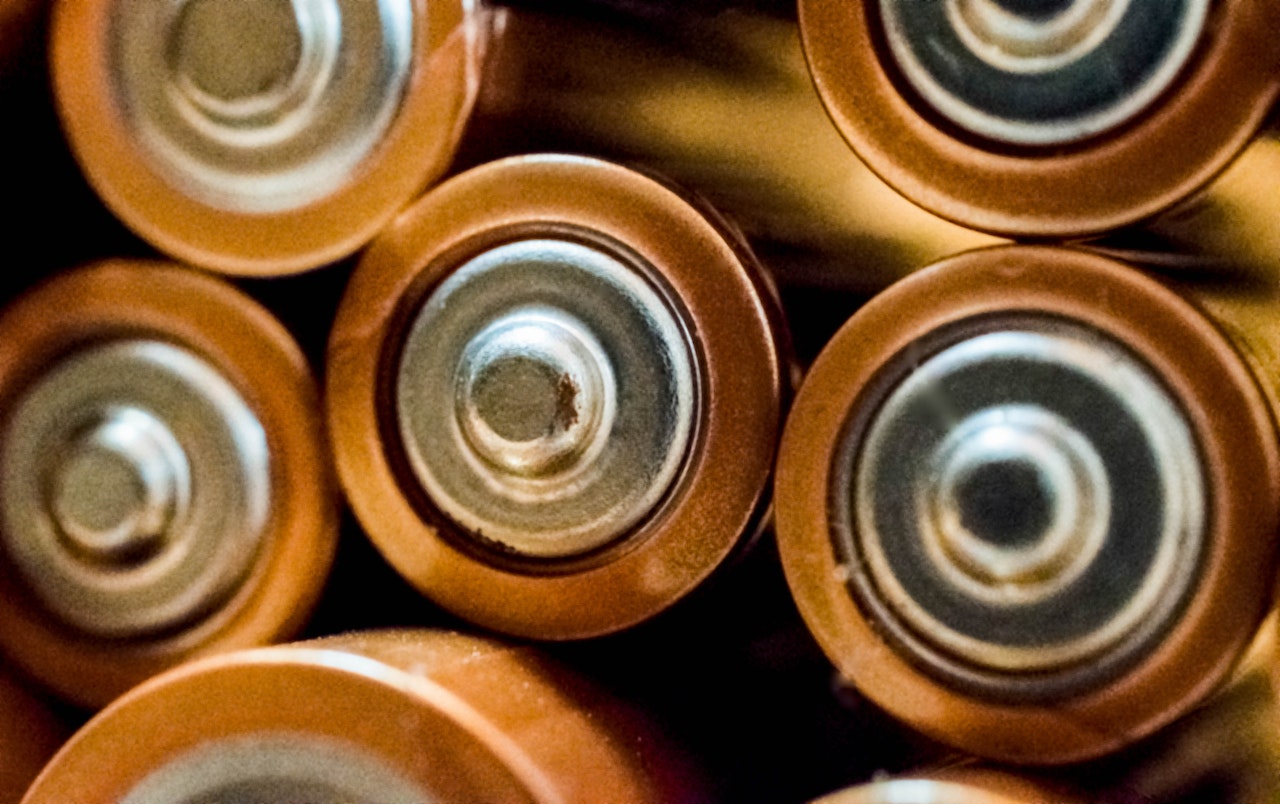American scientists have created a new type of battery from cheap public cells, Nature reported. Modern batteries are made from rare materials like lithium. Because of this, the price for them is quite high, and their annual production cannot be increased indefinitely due to the limited capacity of the deposits.
In this regard, scientists are looking for a way to create batteries comparable to lithium but from more affordable materials.
Now, MIT researchers have designed a battery made of aluminum and sulfur, between which is an electrolyte of molten salt.
Tests have shown that the new type of batteries can withstand hundreds of cycles at high charge rates, and the predicted cost per cell is about one-sixth that of comparable lithium-ion cells.
The scientists also noticed that the battery does not require an external source of heat to maintain its operating temperature – it is produced naturally by electrochemical processes when the battery is charging and discharging.
Chloroaluminate molten salt, chosen by the team as the electrolyte because of its low melting point, also provided an unexpected benefit.
One of the biggest problems with battery reliability is the formation of dendrites, narrow metal spikes that build up on one electrode and eventually grow to the other electrode, causing a short circuit and reducing efficiency. But this salt, it turns out, dramatically prevents the occurrence of this malfunction.

